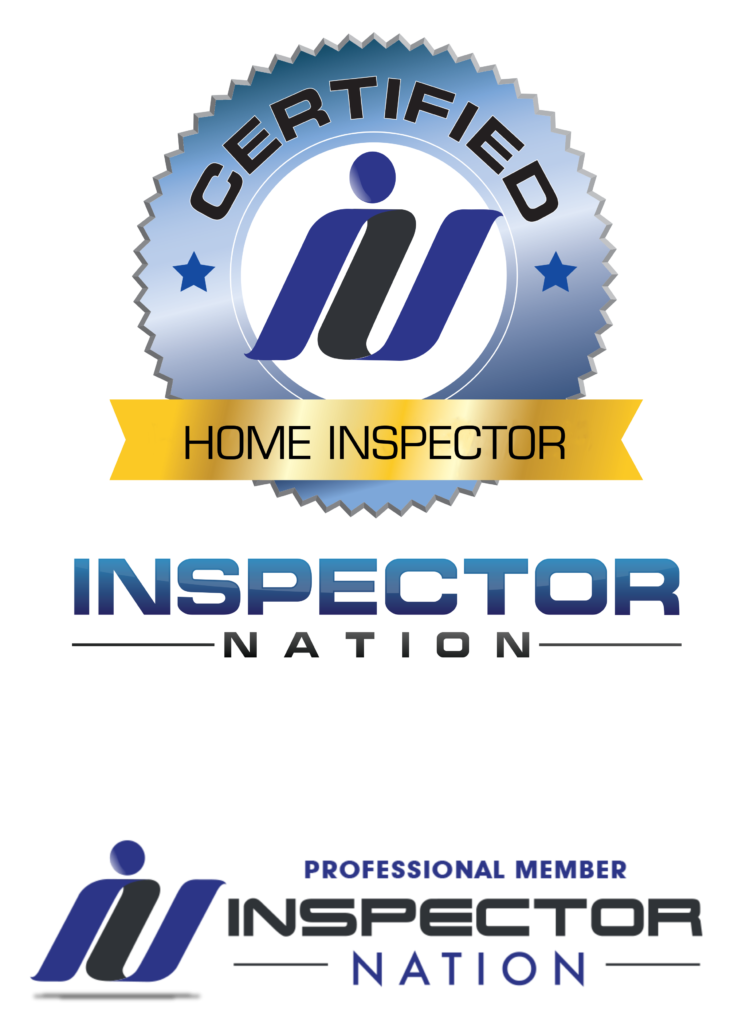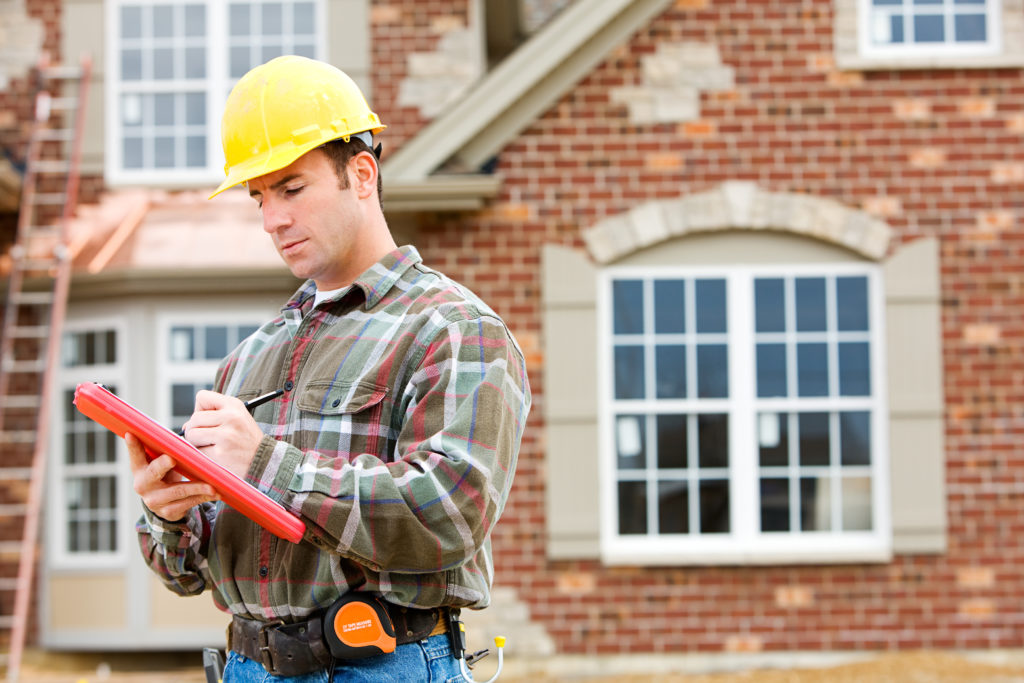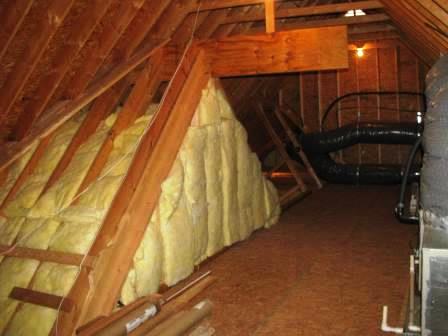The Home Inspection Process
You have decided to have a home inspection performed on your home before you buy or sell, but what exactly does that mean for you and your family? What does the home inspection cover and what should I know about the home inspection report before I read it?
We hope this page informs you about the nature of the home inspection and the home inspection report. There are a lot of questions that are brought to light during this timeframe, and it is important to be properly educated in order to make the most of your future home inspection.
Use the menu or scroll down to view a list of frequently asked questions to help you learn more about why you should make a call to an Inspector Nation Certified Home Inspector after your offer to purchase has been accepted.
What is A Home Inspection?
A Home Inspection is an integrated process of observation, evaluation, and report writing with the goal of providing the Client with an understanding of the home and its systems.
Q: The inspection is scheduled, what is the next step?
A: The Inspector is required to obtain a signed contract prior to conducting the inspection, most inspectors use digital signatures.
Q: Should I be present at the inspection?
A: It is a time for you to get to know the home, but the inspector will review the report with you if are not able to attend.
Q: How long will the inspection take?
A: It depends on the size and age of the home, but typically 2 to 4 hours.
Q: When will I receive the inspection report?
A: At an agreed upon date or within three business days.
Q: Who receives a copy of the report?
A: The inspection information is confidential and can only be disclosed to other parties with your permission.

What are the Limitations of a Home Inspection?
It's important to understand that a home inspection isn't always "all-inclusive," and as a home buyer or seller you should maintain an open channel of communication to determine how any potential limitations may pertain to you.
Q: How does the Home Inspector check the air conditioner in the winter?
A: The winter inspection includes a visual inspection of the AC system, but the system is not operated when temperatures are below 65 degrees Fahrenheit.
Q: If the AC system is not operated, how can I be sure it is functional?
A: The Seller should always be asked to provide the service records of the HVAC systems. If a system is older than 9 years, it would be advisable to consult a HVAC contractor for an invasive inspection of the heating and cooling system prior to purchase.
Q: Will the Inspector identify mold and let me know if the house is a healthy home?
A: Mold will be treated as a sign of moisture, the wet condition and any accessible damage will be the focus of the inspection. Health issues are beyond the scope of the inspection. If mold is a concern, you should consult an Industrial Hygienist for health related inspections.
Q: Will the home inspector evaluate the well and septic system?
A: The inspection of the well and septic requires additional licenses and is not included with the home inspection. Your Inspector or Agent can assist you in obtaining these important services during your due diligence period.
Q: Will the Inspector walk on the roof?
A: Standards of practice do not require the inspector to walk on the roof surface, each inspector will disclose in the report the method used to inspect the roof surfaces. In most cases it is not necessary to on walk on the roof to determine the general condition.

What is the Scope of a Home Inspection?
The Home Inspector will inspect the systems and components of the house and explore how they function together, to ensure that the house you see is truly the home you are purchasing.
Q: What is included in the report?
A: Systems that do not function as intended or that need further investigation by a specialist. The report also contains standard descriptions and limitations.
Q: How is the inspection report helpful?
A: The report will identify any system not functioning as intended and provide a clear direction to guide you to the next step.
Q: Will the report confirm building code compliance or code violations?
A: The report will not be based on code compliance. Codes change with each era of construction and are not retroactive.
Q: Will the report identify asbestos?
A: The report scope does not include environmental or health related issues.
Q: What actions are taken during the due diligence related to reported defects?
A: Your Agent will assist you in making a repair request, scheduling specialists and or contract negotiations. If repairs are requested, the inspector can be asked to return for a recheck inspection of the negotiated repairs.

What Should I Expect During a Home Inspection?
You have found your Dream Home and the Offer to Purchase has been accepted, so what is next? The "Due Diligence" period.
Q: What is “Due Diligence” period?
A: “Due Diligence” is the Buyer’s time-out period to investigate the property to ensure that the home is as disclosed and to prepare for closing without obligation to purchase.
Q: What should the buyer investigate during “Due Diligence”?
A: Any process to identify potential problems which may influence the decision to finalize the purchase, such as requesting pest and septic inspections, property survey, appraisal, title search, loan acquisition, and a complete home inspection.
Q: Is the Buyer responsible for scheduling or requesting the inspections?
A: Yes, however, the Real Estate Broker or your Buyer's Agent will be able to assist in this process including scheduling.
Q: Why is a Home Inspection needed, the Sellers have submitted a disclosure form?
A: Sellers are not always aware of major problems discovered by the Home Inspector.
Q: Is the Seller required to make corrections or repairs in response to the home inspection discoveries?
A: No, inspection reports are not mandatory repair lists, however, they are often the subject of contract negotiations.
